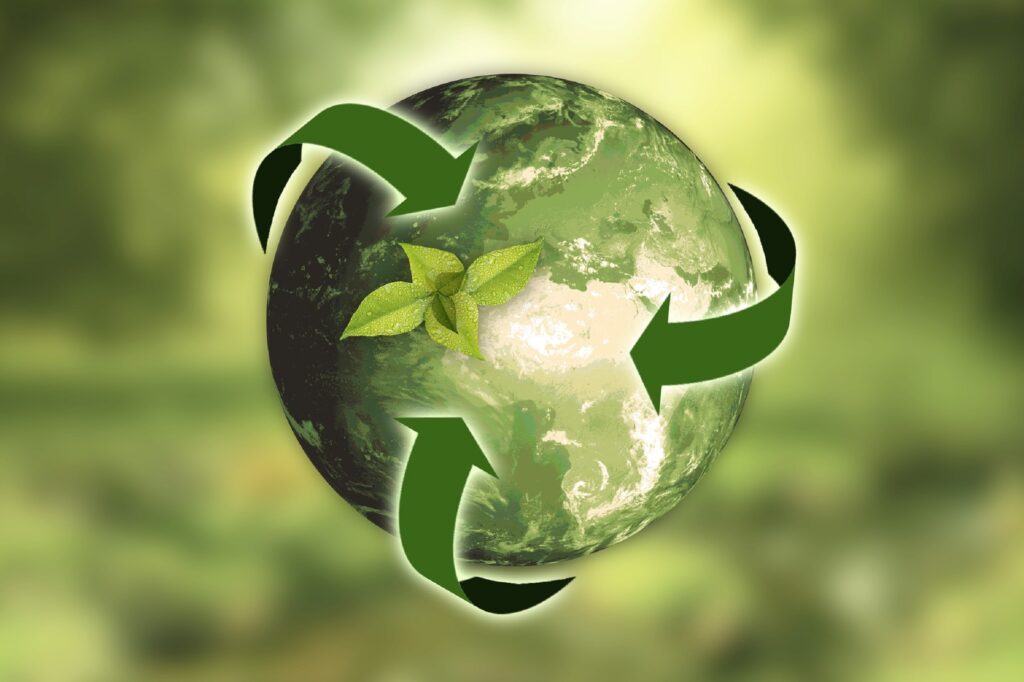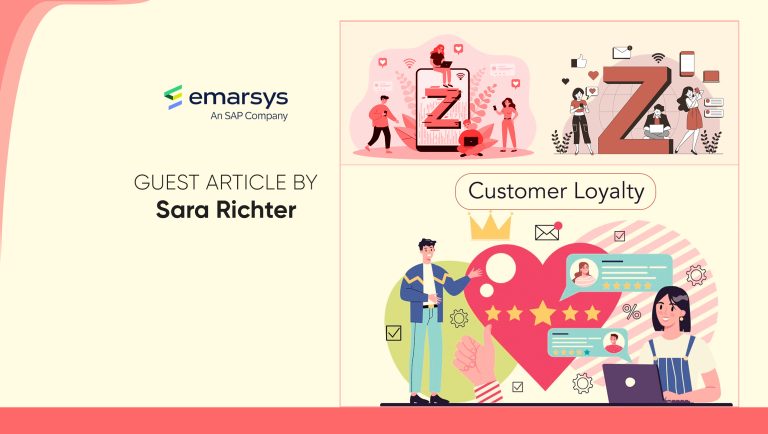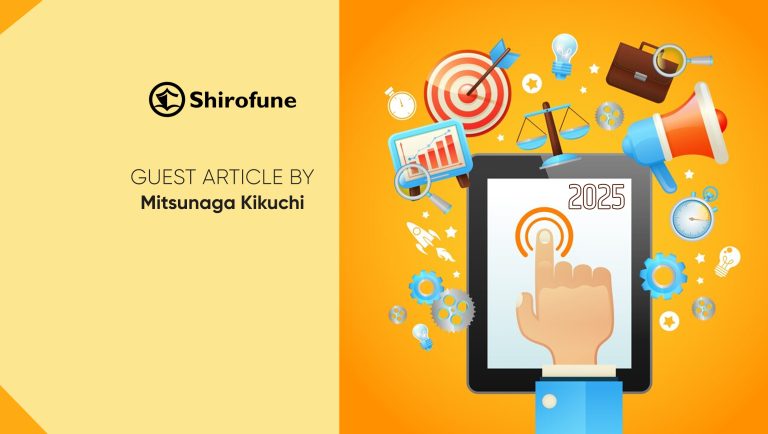Most B2B marketing leaders swear by data-driven practices to prove ROI for their brand. While a majority of marketing concepts and decisions today should be driven by current consumer sentiments and data (because, we all know, the data never lies), the one element that is often a huge lacuna in this cycle is brand authenticity aligned to social causes and sustainability.
If recent studies and reports are anything to go by, consumers today are becoming more conscious about the brands they interact with, often times choosing those that are known to focus on sustainability measures or those that follow diversity and inclusivity practices as well.
Over the last few years, several leading B2C brands have built out product cycles keeping this in mind, causing a shift in how they source materials to develop their products. Many of them now sport ethical practices that could mean: sourcing raw material keeping sustainability and ecological concerns in mind or building products that do not negatively impact natural resources and wildlife. This is just one way that brands today are trying to make a difference in the society they work in.
Case in point, a leading gemstone supplier: Gemfields (which is responsible for 25% of the world’s emerald supply) is known to responsibly source their raw materials; catch this brand video for a quick idea:
Many others choose to implement similar practices using different methods: like adopting certain local or global causes or contributing part of their profits to local or global charities.
But when it comes to B2B marketing, the number of brands using true authenticity that is not just about broadcasting a better view of the brand’s core features but also something that is connected to a deeper cause or societal value is far less.
B2B tech marketers on the contrary can actually make a huge difference here, by using their automation and core marketing steps and practices to match how their B2C counterparts drive value through product enhancements that in turn meet a local or global cause. They can use their marketing channels to contribute to something authentic and bigger. What exactly does this mean?
Let’s dive in:
Adding another CTA to your regular Email Marketing
Email marketing is a proven marketing channel for both B2B and B2C marketers. Most email marketing formats follow a standard that includes one CTA at the end of each email message which usually ranges from ‘’Download Now’’ or ‘’Register Today’’ or ‘’Click here to read more’’.
Brand marketers who are using their marketing automation to drive email marketing ROI at scale can effectively tweak the number of CTAs offered in each email marketing message to also include a sustainable cause.
A simple message on the lines of ‘’plant a tree today’’ or one that takes the user to another site or section of the brand’s website that meets a cause can drive authenticity while also giving the brand a chance to make a true difference in the segment or society they work in.
A lot of global banking networks (HSBC for example) have a consistent line printed on most of their email marketing and newsletters on the lines of ‘’Don’t print this message, save a tree’’.
Marketing Technology News: MarTech Interview with Anand Akela, CMO at Acalvio Technologies
Including a Sustainable Feature or Cause in a Brand Video
The use of videos has grown immensely in B2B marketing and B2B sales. Sales and marketing leaders have both shown an increased interest in the use of videos in marketing as well as sales prospecting over the last few years.
Brand marketers who spend a lot of resources in developing product videos or brand centric videos for their own websites can actually include a sustainable feature or value into this channel very easily.
A recent brand video that stood out is the #togetherwerise concept and brand video by Mahindra Rise, a first-of-its-kind CoE that focuses on delivering open-source, science-based solutions to drive green urbanization.
The brand, Mahindra Rise, through a beautifully written poem tried to capture the expectations of the citizens of the future, their video piece was created to get corporates of today to pay attention to tomorrow’s thought leaders and their wishes for a more secure/sustainable corporate practice.
Catch the video here to get an idea:
Product Discounts for Long-Term Subscriptions, Aligned to a Cause
B2B tech marketers and their sales counterparts are meant to drive subscriptions for their SaaS product. Promoting more product usage for existing customers and driving long-term subscriptions is what the end goal is defined as in most cases.
When creating cadences to drive product renewal actions or while trying to get potential customers to sign up for a license for a longer duration (like a year) brand marketers can hook more value into this by offering discounts if the user donates to a cause that the brand supports for instance.
- An example: Sign Up for Our Yearly Package and Get a 15% discount by donating to the welfare of animals.
- Many brands use other angles here as well, like: We Will Donate 10% of These Proceeds to a Local Shelter, Sign Up Now!
Not only does this then allow a brand to be more authentic when it comes to sustainability it easily allows brands to set up a process that integrates well into their central corporate marketing and sales efforts.
Creating a Permanent Section on a Brand Website That Allows Users to Contribute to a Cause or Several Causes
B2B tech marketers need to constantly find ways to get potential users to visit their websites, engage with their content and eventually move them ahead in their purchasing cycle. While tech B2B marketers jostle with this using different content types (blogs, webinars, ebooks,etc) to drive traffic and conversions, most don’t sport a section on their website to allow visitors and users to donate to something they might hold close to their heart.
Marketers can actually use their websites to add value and respect ethical business practices by allowing users to easily contribute to something they believe in.
Marketing Technology News: Brands Need to Take Hyper-Personalization Seriously in 2023
End Note:
It’s time for alternative marketing concepts and thinking in today’s marketplace. Studies suggest that younger buyers do like being more conscious about environmental issues, this has fueled the growth of ethical norms and sustainable practices globally but more businesses need to jump onto the bandwagon. Using your marketing to drive business ROI and also ethics aligned to something meaningful can not only drive engagement but also allow businesses to boost a healthy overall corporate and global business culture. If every brand thinks of doing this as part of their usual processes, it can help meet a lot of societal challenges as well and create a healthier business model worldwide.
























